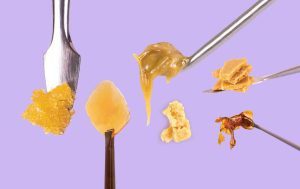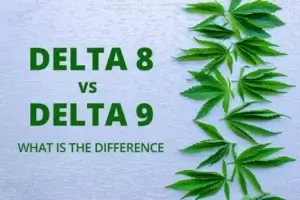Cannabis, often referred to as weed or marijuana, is completely illegal in Libya. This includes the cultivation, sale, and possession of the plant for recreational purposes. Despite the prohibition, cannabis use is not unheard of in the country, although it is not widespread.
Historically, Libya has had a strict stance on drugs, and cannabis is no exception. The country’s laws and regulations reflect a zero-tolerance policy towards the plant. Any possession of cannabis in Libya is illegal and can lead to severe punishment. This strict approach has been in place since before the “Arab Spring,” a series of anti-government protests, uprisings, and armed rebellions that spread across much of the Arab world in the early 2010s.
The political instability and conflict that have plagued Libya since the Arab Spring have made it almost impossible to find cannabis in the country. The disruption of traditional supply routes and the heightened risk associated with drug trafficking in a country in conflict have contributed to the scarcity of cannabis.
Despite the prohibition on cannabis, there are reports of its use among the population. Some sources suggest that people in Libya love to smoke weed, and it is not uncommon to find dealers or other smokers around the city. However, these activities are carried out discreetly due to the risk of severe penalties.
The strict laws and the political situation have not completely stifled discussion about cannabis in Libya. There have been proposals for reform over the years. For instance, in the 1990s, Felix Kulov, who served as Vice President and later Prime Minister of Kyrgyzstan, proposed state control of cannabis fields to control the drug trade. More recently, in 2014, Jenishbek Nazaraliev, a narcologist and former presidential candidate, proposed legalizing cannabis to reduce drug addiction, gain tax revenue, and undercut organized crime.
However, these proposals have not gained significant traction, and the legal status of cannabis in Libya remains unchanged. The country continues to enforce its strict drug laws, and those found in possession of cannabis face severe penalties.
While cannabis use exists in Libya, it is done so under the risk of severe punishment due to the country’s strict drug laws. The political instability in the country further complicates the situation, making it difficult for any significant changes to the current laws and regulations regarding cannabis.






